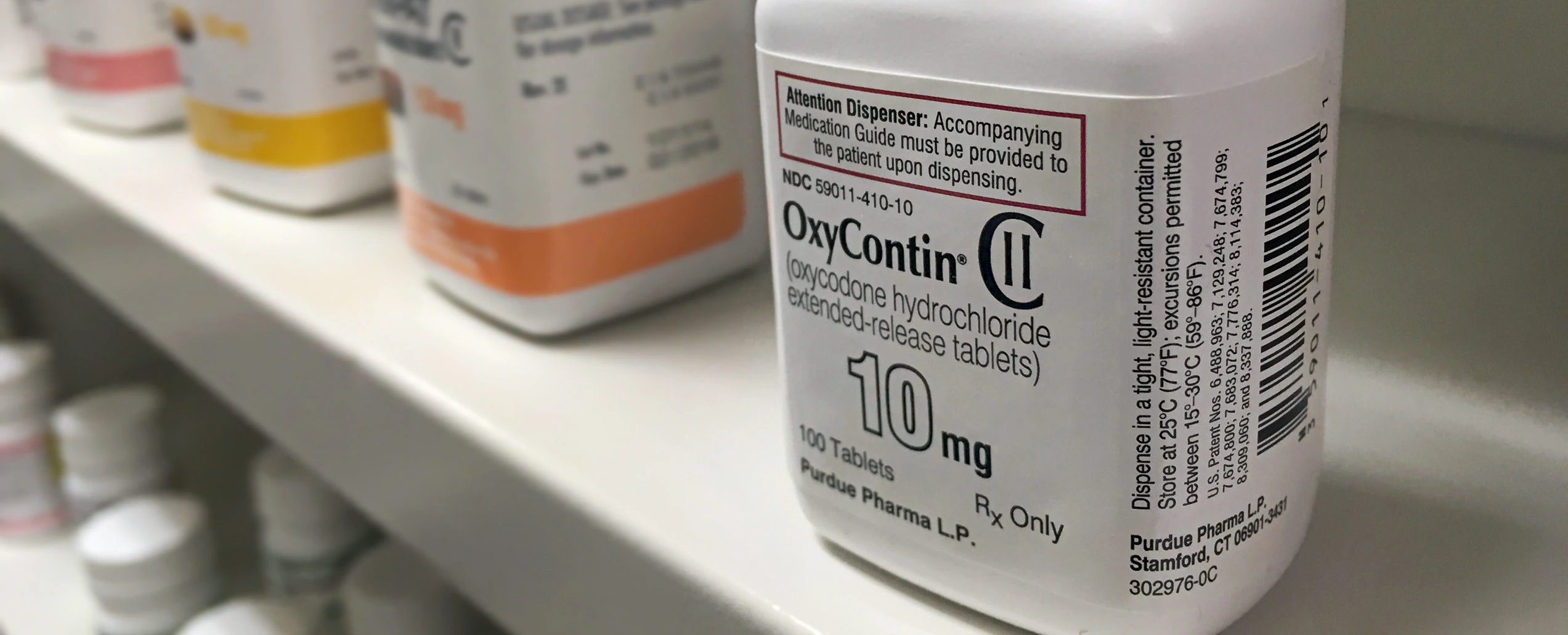
Rural America has been especially hard hit by the recent opioid epidemic, according to information provided by the Centers for Disease Control (CDC). The data suggests residents in rural areas are four times as likely to die from overdose on powerful drugs.
Experts looking into the disparities believe many factors could be the cause for the particularly high overdose death rates in rural parts of the country. The outcome is likely a combination of big drug companies pushing powerful opioid prescriptions on patients, limited access to drug rehabilitation, and the stigma associated with seeking help.
In states like Michigan, hundreds of thousands of people live hours away from the nearest drug treatment center, requiring patients to have their own vehicles and invest hours into transportation on a regular basis. In areas where residents do have nearby treatment options, those clinics tend to have smaller staffs and inadequate resources to treat all potential patients.
While rural areas are over represented in opioid overdose statistics, urban centers continue to see rises in overdose rates year over year. Many have attributed the spikes in opioid overdose deaths to the influx of illicit fentanyl from foreign supplies.
Fentanyl is an especially powerful synthetic opioid many times stronger than street drugs. Often times, heroin and morphine sold on the street are often intentionally mixed with fentanyl to increase the drugs’ potency. Sadly, thousands of patients prescribed drugs like OxyContin turn to heroin and fentanyl after becoming addicted to their medication.
Barriers to treatment in urban areas include financial issues at the victim’s lack of private insurance to cover the cost of drug rehabilitation treatment. Without an immediate response to the opioid epidemic, families across the country will continue to suffer with the consequences of addiction.
In 2007, OxyContin maker Purdue Pharma paid a $600 million fine to the federal government to resolve criminal allegations the company intentionally misrepresented key information about the drug. Specifically, Purdue Pharma told regulators and doctors there was little risk of patients developing an addiction or dependency on the drug.
In addition to paying a criminal fine in the matter, three former top executives for the company also plead guilty to various charges and paid millions in fines collectively. Despite the federal investigation, the damage had been done as addiction and overdose rates by OxyContin patients continued to rise over the next decade.
Purdue Pharma essentially reshaped the medical landscape, which general practitioners treating long term pain with powerful opioid narcotics. According to estimates, as many as 1 in 11 doctors across the country accepted some form of gift or compensation from major drug companies marketing their painkiller drugs.
Recently, families of drug overdose victims have begun to file drug overdose lawsuits against companies like Purdue Pharma, claiming the company’s deceptive and aggressive marketing tactics contributed to their loved one’s drug addiction. At The Cochran Firm, DC, our painkiller drug overdose lawsuit attorneys are investigating such claims on behalf of families who lost loved ones to a drug overdose after being prescribed painkiller drugs like OxyContin.
The Cochran Firm, DC offers free consultations to families of opioid overdose victims to see if they may have legal rights to hold drug companies accountable for contributing to the victim’s addiction. Additionally, our personal injury lawyers in Washington DC represent clients on a contingency basis, which means we do not charge any upfront costs or collect any fees until we win the case.
Call 1-800-THE FIRM (843-3476) for your free and confidential consultation. Let our experienced injury attorneys help you and your family get the justice and compensation you deserve.






